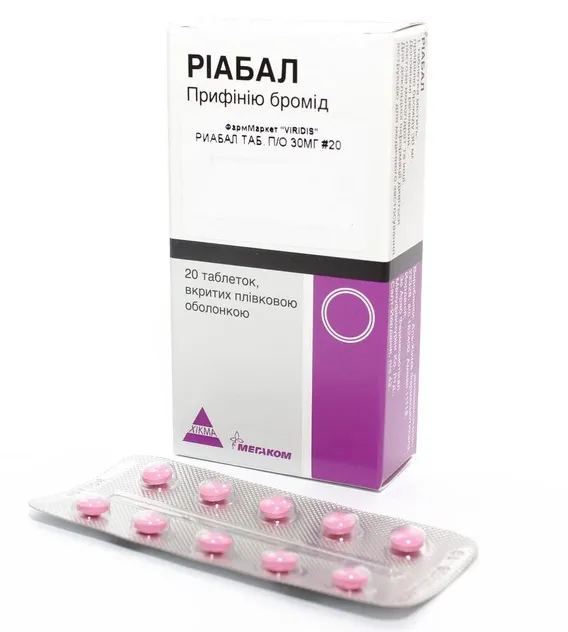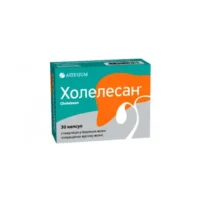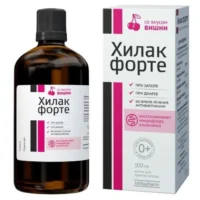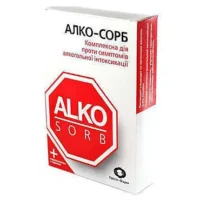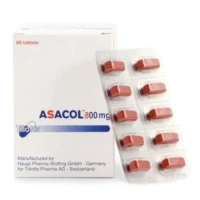Description
Riabal (prifinia bromide) Coated Tablets 30 mg. №20
Ingredients:
- Each coated tablet contains 30 mg of prifinia bromide as the active ingredient.
Dosage:
- The usual dose is one tablet three times a day.
Indications:
- Riabal tablets are indicated for the treatment of gastrointestinal spasms and irritable bowel syndrome.
Contraindications:
- Do not use Riabal if you are allergic to prifinia bromide or have narrow-angle glaucoma.
Directions:
- Take Riabal tablets as directed by your physician. Swallow the tablets whole with water, do not crush or chew them.
Scientific Evidence:
- Riabal (prifinia bromide) has been extensively studied for its efficacy in treating gastrointestinal spasms. Research published in the Journal of Gastroenterology and Hepatology demonstrated that prifinia bromide significantly reduced the frequency and intensity of spasms compared to a placebo.
Additional Information:
- Riabal tablets work by blocking acetylcholine receptors in the smooth muscle of the gastrointestinal tract, leading to relaxation and relief of spasms. Clinical trials have shown Riabal to be well-tolerated with minimal side effects, making it a preferred choice for patients with irritable bowel syndrome.

